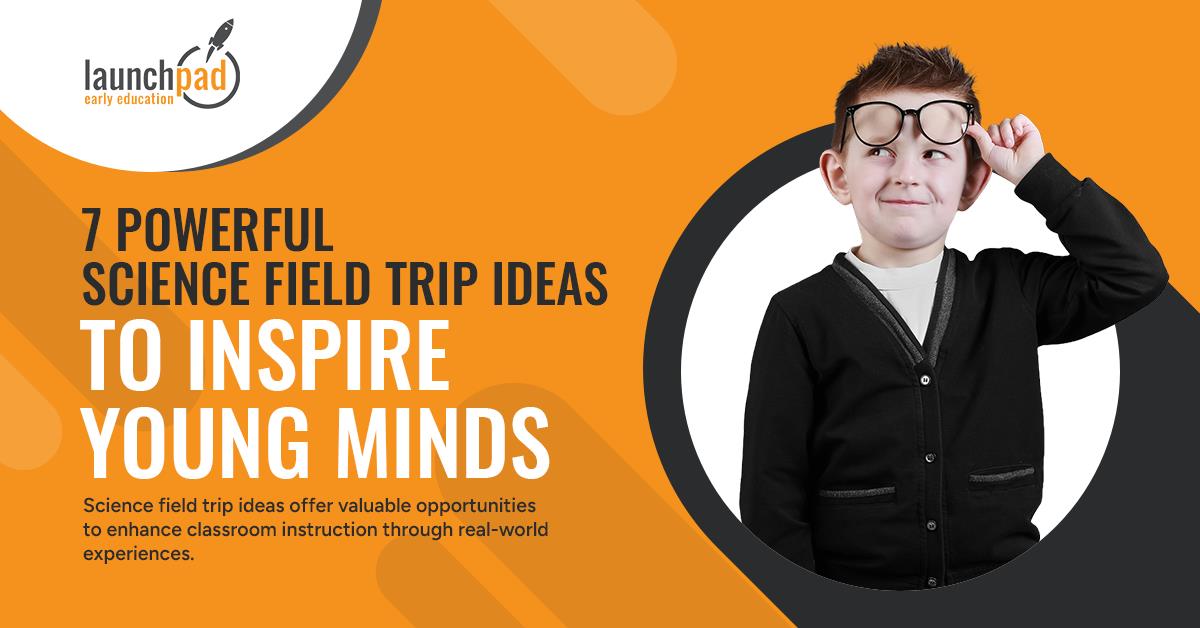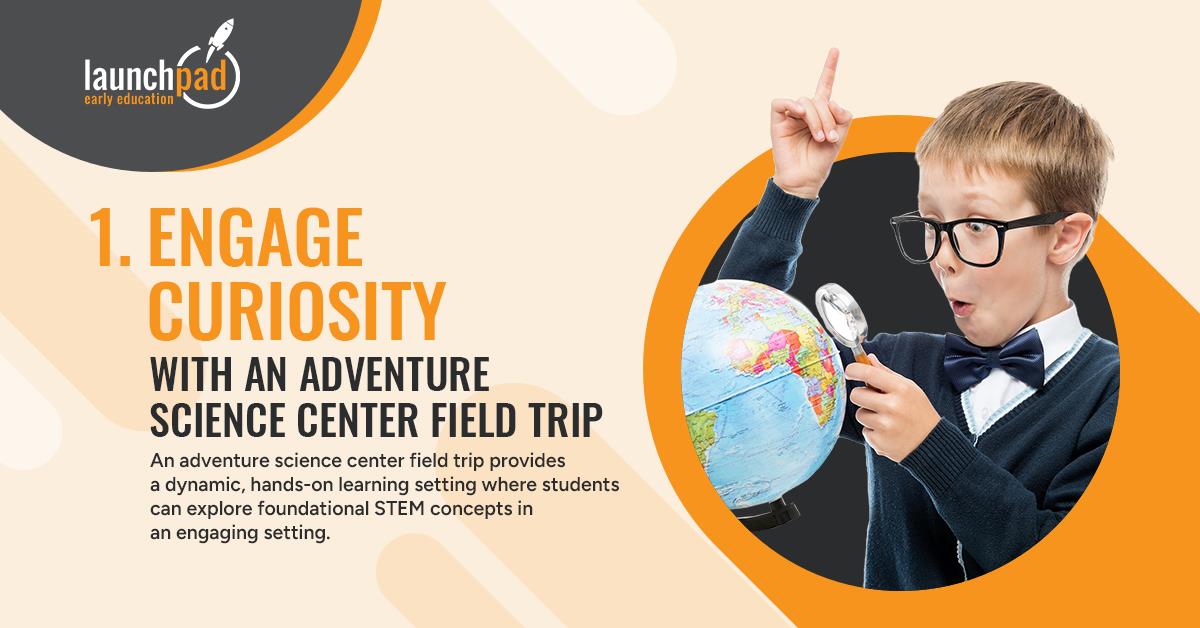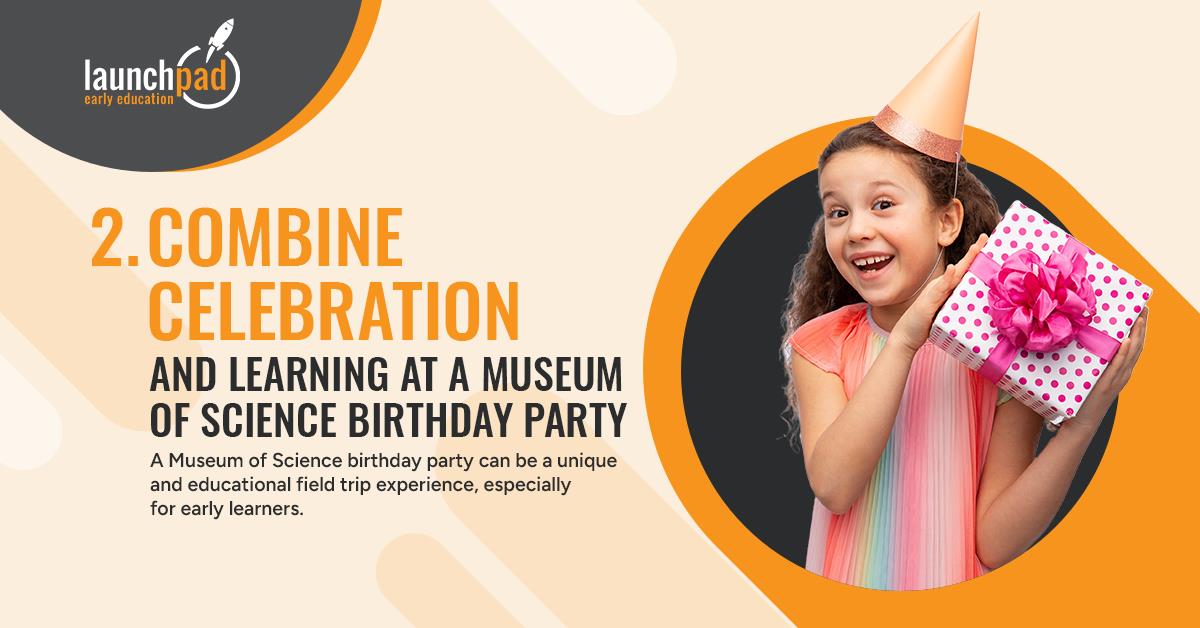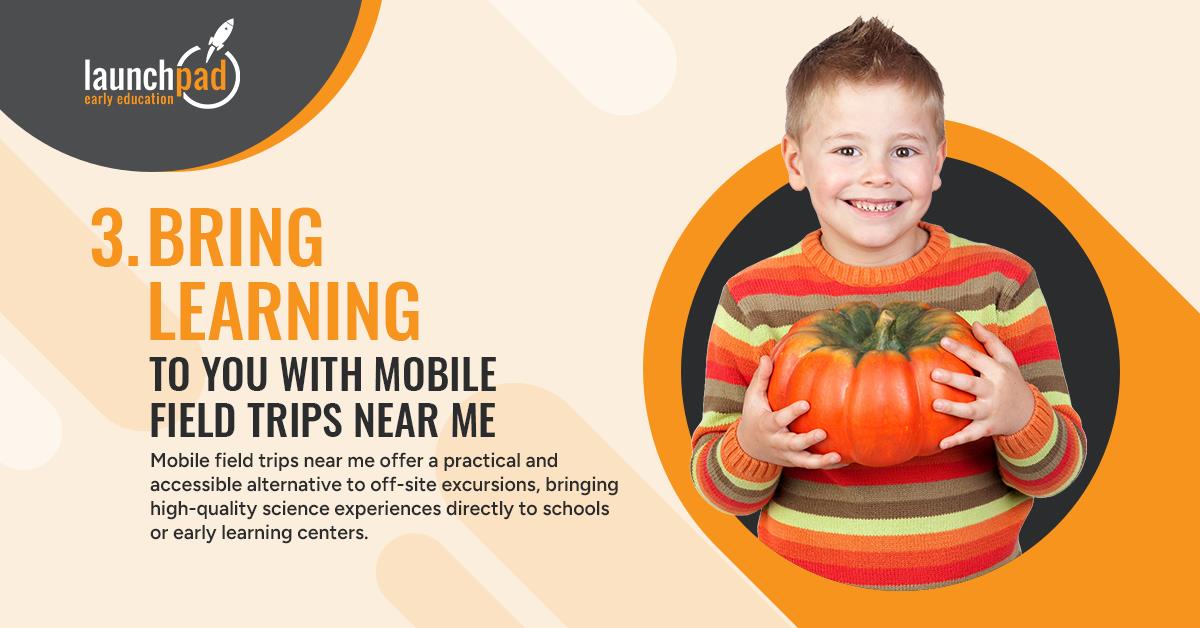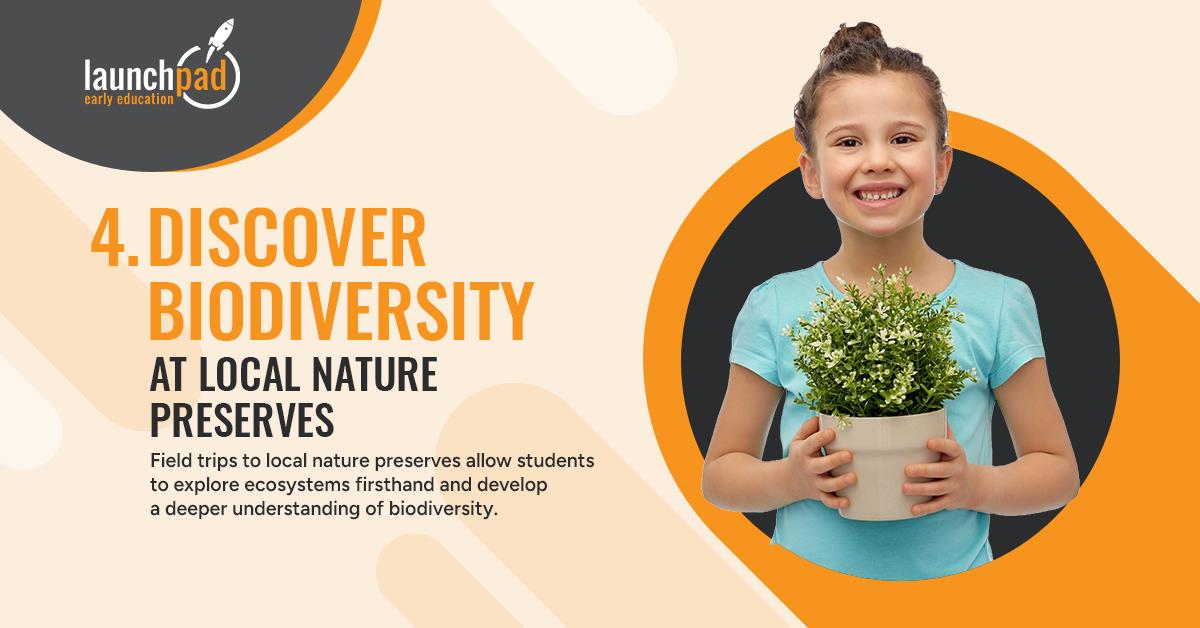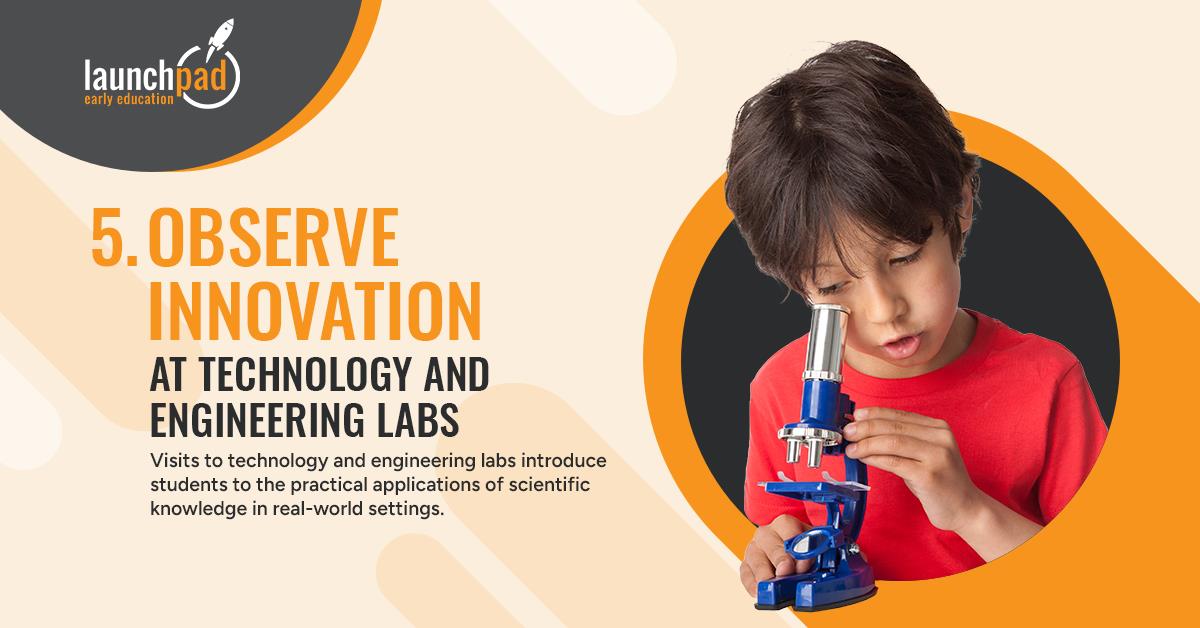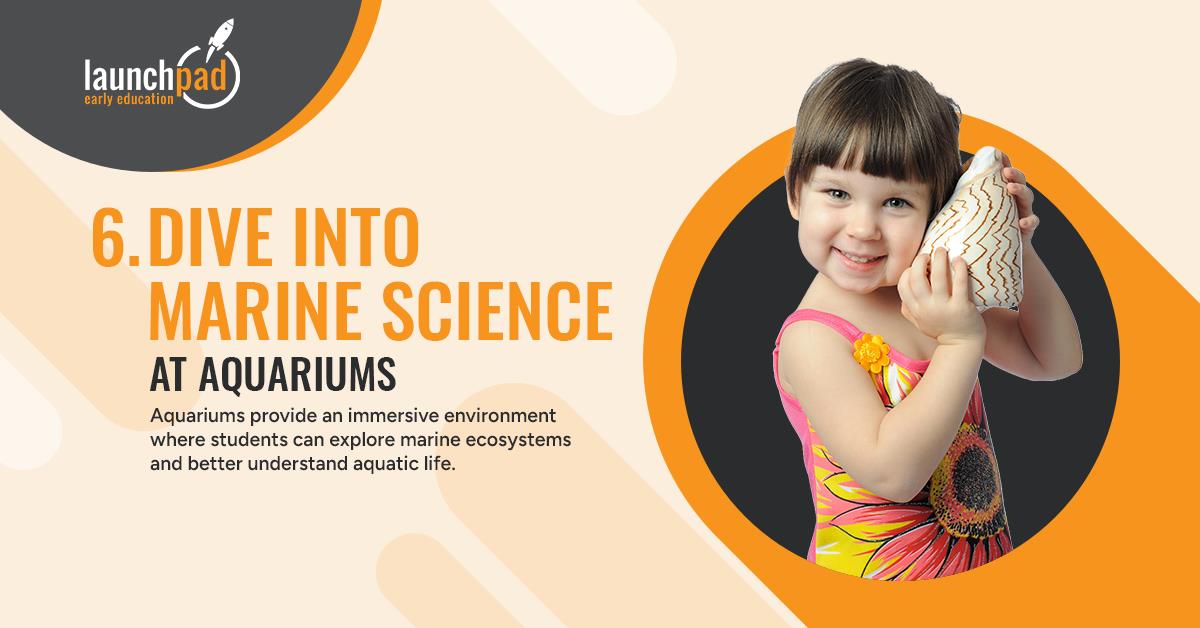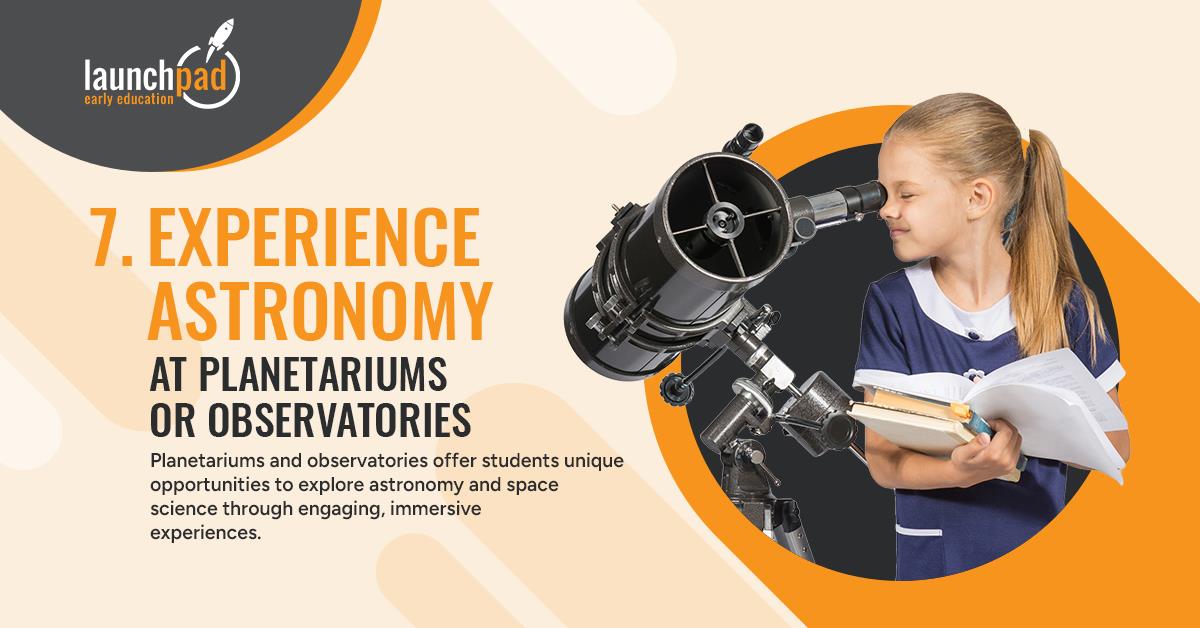Science field trip ideas offer valuable opportunities to enhance classroom instruction through real-world experiences. Educators can foster critical thinking, curiosity, and engagement by taking students beyond textbooks and into environments where scientific principles are actively applied. Well-planned field trips complement STEM curriculum goals, making abstract concepts more accessible and meaningful.
Exploring natural ecosystems, visiting hands-on science centers, or observing laboratory professionals, these experiences support inquiry-based learning and build foundational knowledge. For early learners, science-focused outings also encourage collaboration, communication, and observation skills—key competencies for academic development.
1. Engage Curiosity with an Adventure Science Center Field Trip
An adventure science center field trip provides a dynamic, hands-on learning setting where students can explore foundational STEM concepts in an engaging setting. These centers are specifically designed to spark interest in science through interactive exhibits, simulations, and guided experiments aligned with educational standards.
Educators benefit from structured programming that supports curriculum goals across various scientific disciplines, including physics, biology, chemistry, and earth science. Students are encouraged to ask questions, test ideas, and collaborate with peers—skills critical to early academic development and scientific inquiry.
Key features of a successful visit may include:
- Themed Exhibits: Focused areas such as space exploration, renewable energy, or the human body offer direct connections to classroom content.
- Live Demonstrations: Facilitated by science educators, these sessions reinforce key principles through real-time experiments.
- Discovery Labs: Small group workshops provide opportunities for deeper exploration through guided activities and problem-solving tasks.
A field trip to an adventure science center offers more than entertainment—it cultivates a lifelong interest in science and promotes active, student-centered learning. When integrated thoughtfully into a learning plan, these experiences support cognitive and social-emotional growth.
2. Combine Celebration and Learning at a Museum of Science Birthday Party
A Museum of Science birthday party can be a unique and educational field trip experience, especially for early learners. These events blend structured science activities with age-appropriate celebrations, making them enjoyable and academically enriching. Hosting or attending a science-themed birthday at a museum allows children to engage with interactive exhibits and guided experiments that align with foundational STEM learning.
Many museums offer customizable birthday packages that include:
- Hands-On Science Workshops: Led by educators, these sessions introduce key scientific principles through fun and engaging experiments.
- Exclusive Exhibit Access: Children explore curated museum exhibits that promote discovery and critical thinking.
- Themed Educational Activities: Structured games and crafts reinforce magnetism, light, and motion lessons.
This event supports individual and group learning while memorably celebrating milestones. In addition to the academic benefits, science birthday parties encourage curiosity, collaboration, and confidence—essential qualities in early education. These museum experiences transform traditional celebrations into meaningful educational opportunities by integrating learning into a festive environment.
3. Bring Learning to You with Mobile Field Trips Near Me
Mobile field trips near me offer a practical and accessible alternative to off-site excursions, bringing high-quality science experiences directly to schools or early learning centers. These programs meet educational standards while minimizing the logistical challenges of transportation and supervision. Mobile science providers deliver age-appropriate demonstrations, interactive activities, and hands-on experiments that support classroom instruction and promote active learning.
Standard features of mobile field trips include:
- Portable Science Labs: Equipped with tools and materials for conducting safe, engaging experiments on-site.
- STEM-Focused Presentations: Led by experienced educators, these sessions cover topics such as electricity, states of matter, or environmental science.
- Customizable Content: Activities are tailored to the hosting school’s specific age group and curriculum objectives.
These field trips especially benefit early learners, providing structured exposure to scientific concepts within familiar surroundings. By removing the need for travel, mobile programs also allow for broader participation and can be scheduled more flexibly throughout the academic year. Whether used to supplement a unit of study or as a standalone enrichment opportunity, mobile science field trips foster curiosity, experimentation, and discovery in a meaningful and manageable format.
4. Discover Biodiversity at Local Nature Preserves
Field trips to local nature preserves allow students to explore ecosystems firsthand and develop a deeper understanding of biodiversity. These natural environments serve as living classrooms where learners can observe plant and animal species, study ecological interactions, and connect classroom lessons to real-world settings.
Guided by trained naturalists or educators, students can participate in:
- Habitat Walks: Explore forests, wetlands, or meadows while identifying native flora and fauna.
- Environmental Science Activities: Engage in soil testing, water sampling, and discussions on conservation practices.
- Observation Journals: Encourage critical thinking and reflection by recording findings during the trip.
Nature preserves are particularly effective for reinforcing life science standards and promoting environmental stewardship from an early age. In addition to academic growth, these outings support physical activity, sensory development, and social interaction. For young learners, experiencing nature directly helps build a foundational appreciation for ecosystems and sustainability.
Educators integrate field trips into the science curriculum to provide meaningful, experiential learning that supports scientific understanding and personal growth. Nature-based outings are valuable for cultivating curiosity, responsibility, and respect for the natural world.
5 . Observe Innovation at Technology and Engineering Labs
Visits to technology and engineering labs introduce students to the practical applications of scientific knowledge in real-world settings. These field trips allow learners to observe professionals engaged in research, design, and innovation—connecting theoretical concepts from the classroom with technological advancements.
During a guided lab tour, students may experience:
- Demonstrations of Equipment: See how tools such as 3D printers, robotics systems, or coding interfaces function in professional environments.
- Project Showcases: View prototypes and engineering models illustrating the design process and problem-solving strategies.
- Career Discussions: Hear from scientists, engineers, or technicians about their roles and the pathways that led to their careers.
Such experiences help demystify STEM fields and make science more accessible by showing how it translates into tangible outcomes. For early learners, exposure to innovation fosters curiosity, broadens understanding of how things work, and introduces the concept of purposeful design.
By witnessing science and engineering in action, students gain insight into innovation’s collaborative and iterative nature. These field trips can be valuable to STEM education, supporting cognitive development and future career awareness.
6. Dive into Marine Science at Aquariums
Aquariums provide an immersive environment where students can explore marine ecosystems and better understand aquatic life. These venues support science education by offering direct encounters with a wide range of species and habitats, making complex marine biology concepts more tangible and engaging for young learners.
Educational components of an aquarium visit often include:
- Guided Tours: Led by marine educators, these tours highlight adaptations, ecosystems, and the importance of biodiversity.
- Interactive Exhibits: Touch tanks and digital displays promote sensory engagement and reinforce key scientific ideas.
- Conservation Programs: Presentations on ocean preservation and sustainability encourage environmental responsibility.
Aquarium field trips are particularly effective for illustrating life science standards related to animal classification, food chains, and environmental impact. They also provide opportunities to discuss broader topics such as climate change, pollution, and habitat loss in age-appropriate ways.
By integrating these visits into the science curriculum, educators offer students valuable experiences combining visual learning and critical thinking. Aquariums support scientific understanding and inspire a sense of wonder and a deeper respect for marine environments.
7. Experience Astronomy at Planetariums or Observatories
Planetariums and observatories offer students unique opportunities to explore astronomy and space science through engaging, immersive experiences. These venues provide structured programs that align with educational standards while making complex scientific concepts accessible to young learners.
Field trip highlights may include:
- Star Shows: Dome-based presentations that simulate the night sky and teach about stars, planets, constellations, and celestial movement.
- Telescope Observations: Guided sessions using real or digital telescopes to observe the moon, planets, or distant galaxies.
- Interactive Exhibits: Hands-on displays and models illustrating gravity, planetary orbits, and space exploration technology.
These experiences help reinforce curriculum topics such as the solar system, moon phases, and Earth’s position in space. Visual and experiential learning supports comprehension and retention for early learners while stimulating curiosity about the universe.
Astronomy field trips also promote critical thinking and encourage students to ask big questions about science and their place in the world. By visiting planetariums or observatories, educators provide an inspiring supplement to classroom instruction that supports both scientific understanding and imaginative exploration.
Conclusion
Science field trips are vital in building a strong foundation for lifelong learning. Each destination—from aquariums to technology labs—offers students the chance to observe, question, and connect with the world around them in meaningful ways. These carefully selected science field trip ideas are more than just excursions; they are purposeful extensions of the classroom that ignite the imagination, strengthen academic skills, and foster a lasting interest in STEM. When students engage with science in real-world settings, they gain both knowledge and confidence that supports their development far beyond the classroom.
Looking to enrich your child’s early learning experience with meaningful science exploration? Discover how LaunchPad Early Education creates hands-on, discovery-driven learning every day. Visit https://launchpad-ee.com or call (615) 809 2211 to learn more about our innovative programs.


